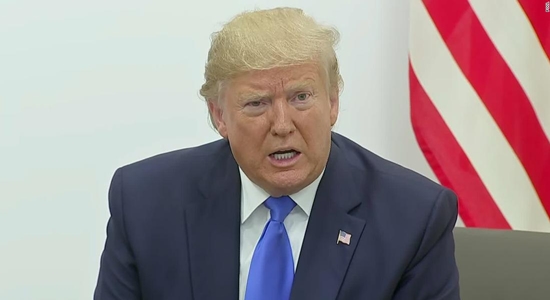
“Hong Kong authorities have rapidly begun to apply the new National Security Law to prosecute peaceful speech, curtail academic freedom, and generate a chilling effect on fundamental freedoms in the city, Human Rights Watch said today. The law, which China’s government imposed on June 30, 2020, is Beijing’s most aggressive assault on Hong Kong people’s freedoms since the transfer of sovereignty in 1997.”
HRW’s press prelease of July 7, 2020 is followed by an article outlining the consequences of China’s crackdown, “Roadmap for Repression: Hong Kong’s National Security Law.” The new law tosses “Hong Kong’s de facto constitution, the Basic Law” and “contravenes the International Covenant on Civil and Political Rights,” until then a part of Hong Kong’s legal framework and guaranteeing rights to free speech, assembly, and democratic participation in public affairs.
Under the new “security” law, bail is routinely denied to criminal suspects. Hong Kong police have sweeping new powers and needn’t bother with warrants. Anybody’s assets can be frozen at will. Etc.
“The National Security Law punishes four types of activities: secession (arts. 20-21), subversion (arts. 22-23), terrorism (arts. 24-28), and collusion with ‘foreign forces’ (arts. 29-30), all carrying a maximum sentence of life in prison. Article 35 also states that anyone convicted of crimes under the law will be deprived of the right to run for public office for life….
“Both the crimes of ‘secession’ and ‘subversion’ make criminal acts that do not involve ‘force or threat of force,’ meaning that peaceful actions, such as speeches advocating these ideas [ideas critical of the government], can violate the law.”
In short, individuals in Hong Kong are now as vulnerable to arbitrary harassment and imprisonment as individuals in mainland China. HRW gives the examples of the mainland incarcerations of Liu Xiabo and Ilham Tohti.
Xiaobo, winner of the Nobel Peace Prize, was sentenced to 11 years in prison for advocating political reforms, which falls under the category of “inciting subversion.” Tohti, an economist, is suffering life imprisonment because he has spoken in favor of the rights of Uyghurs, which falls under the category of “separatism.” Such rationalizations could be picked out of a hat. Any will do, because the Chinese Communist Party doesn’t need valid reasons for crushing anybody who has the temerity to speak out of turn.





